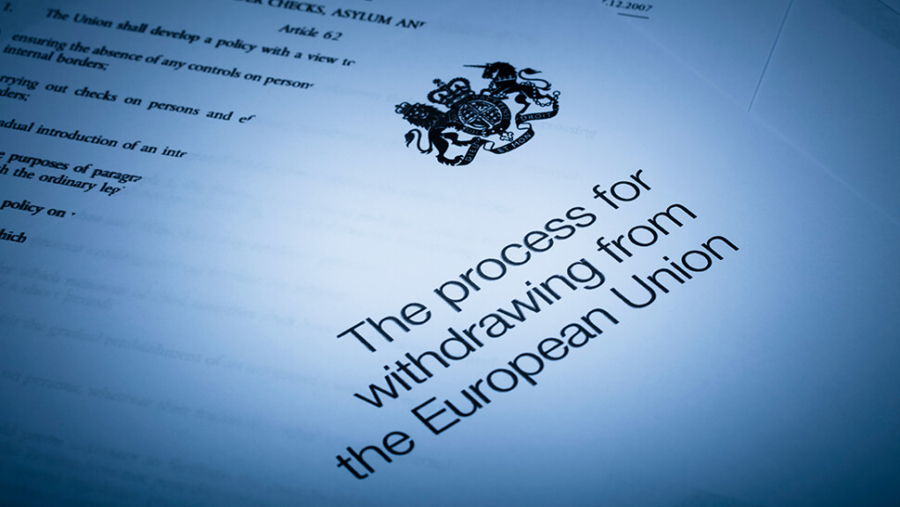

Brexit will not be a short, sharp cut-off moment but a drawn-out period of transition, according to a report compiled by the House of Lords’ EU Justice Sub-Committee on the ‘potential challenges, as well as proposing a practical model for future UK-EU dispute resolution procedures’. 29 March 2019 is the official ‘exit day’ for the UK’s EU departure, but, this date does not carry with it the actual finality that one would expect. It will be followed by a transitional period, quite like guests bidding farewell to their hosts and ending up entangled in conversation at the front door, before saying goodbye for the second time. Just like the conversation at the front door, the transition period has no official end date nor projected time length; it is seemingly dependent upon the Brexit negotiations regarding dispute resolution and enforcement.
Both the Government and the European Council agreed that a transition period was necessary to aid the UK’s departure from the EU, and compiled a Draft Withdrawal Agreement on 19 March this year, ‘agreed in principle, confirm[ing] that EU law should continue to apply during that period and the Court of Justice should maintain its current role and jurisdiction over the UK’, with article 122 outlining the application of EU law during the transition period. This came about following the notion that ‘it may be ‘too burdensome’ to establish a separate dispute resolution mechanism during the transition period, as it will be a relatively short time.’ Once again, this entrenches the notion that the transition period has no official end date, due to the ambiguous projected length of a ‘relatively short time’. In this regard, the sub-committee recommend that there is a ‘longstop for any claims arising during the transition period, so that cases relating to acts occurring during transition cannot be brought indefinitely.’
In essence, during the transition period, the UK will continue to be subject to EU law and the jurisdiction of the Court of Justice of the European Union (CJEU), but ‘it would not have any judges (or an advocate general) at the CJEU’, though with judicial impartiality in mind, this should not have any tangible effect upon cases heard during this period. The UK’s position after this period ends, however, is discussed by the sub-committee, concluding in their report that:
‘the ability to request a preliminary reference from the CJEU, combined with the direct effect and supremacy of EU law, has sometimes acted as a check on Government action. This check will be lost as a result of Brexit, and so the rights of individuals will be weakened.’
It is up to the Government to ensure that individuals’ rights will not be weakened by the loss of the EU framework between now and ‘exit day’, as well as during the transition period.
Until 11pm on 29 March 2019, the Government will work to construct a framework for the transition period, with regard to the disputes arising that are subject to a longstop date and an end date to the transition period itself. What is clear is that transition from an EU jurisdiction to a UK jurisdiction will be a wait-and-see situation with regard to the effect upon dispute resolution and enforcement.










